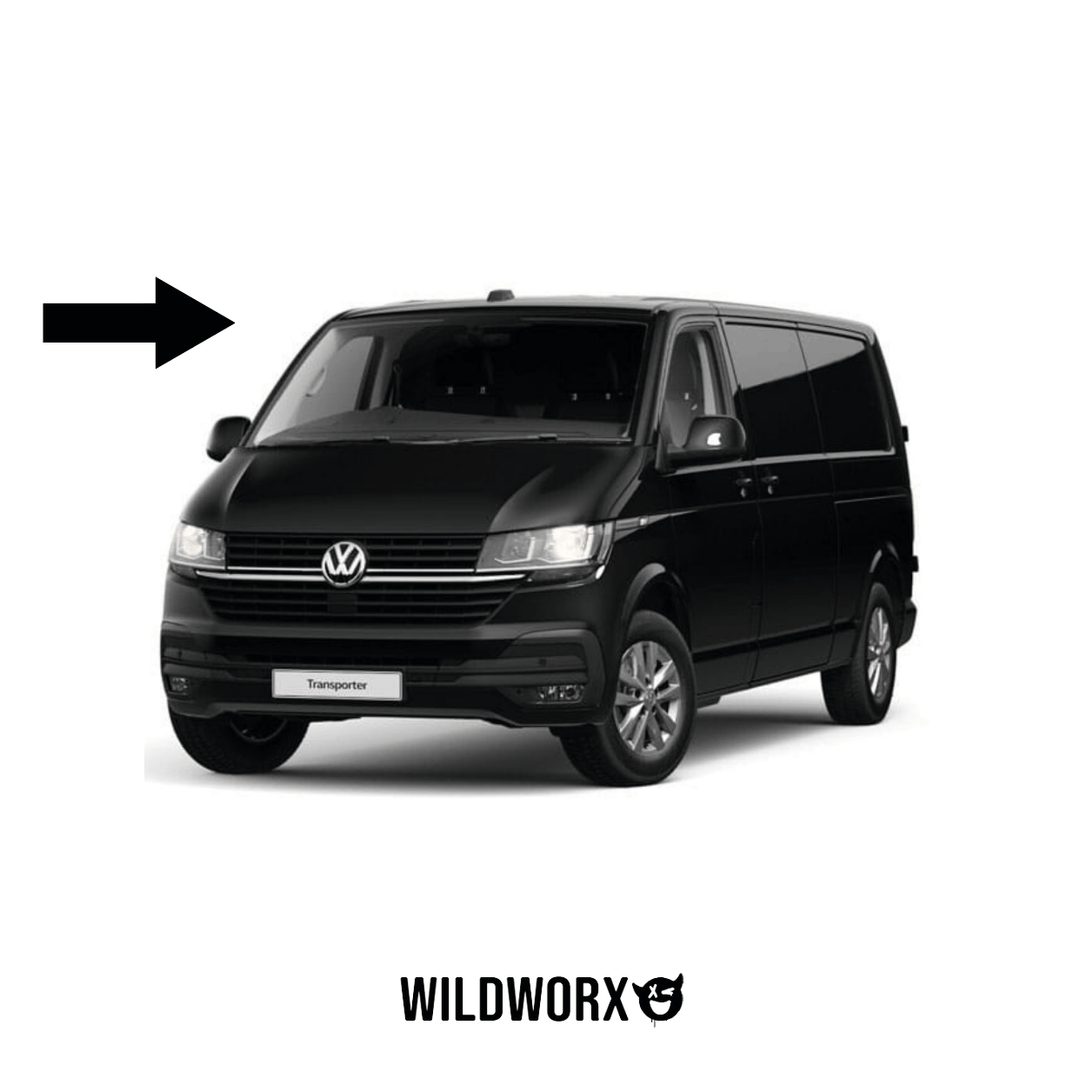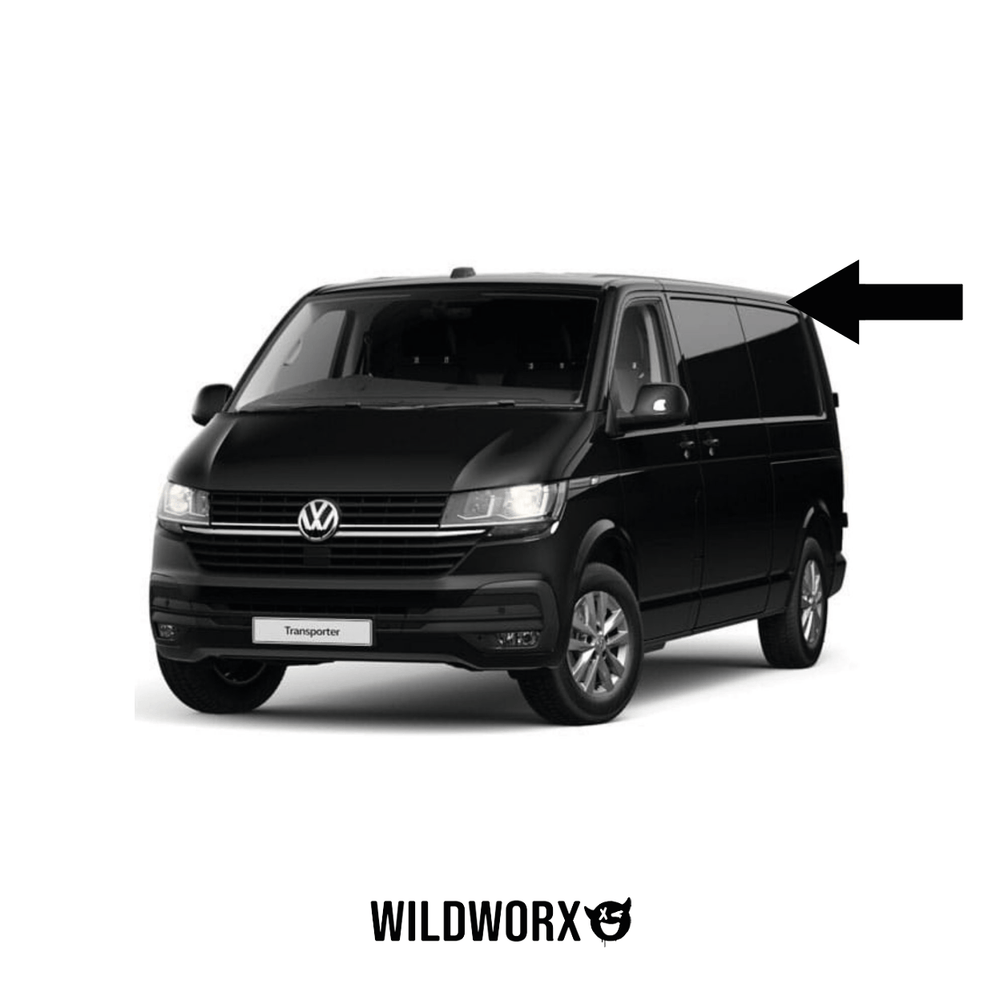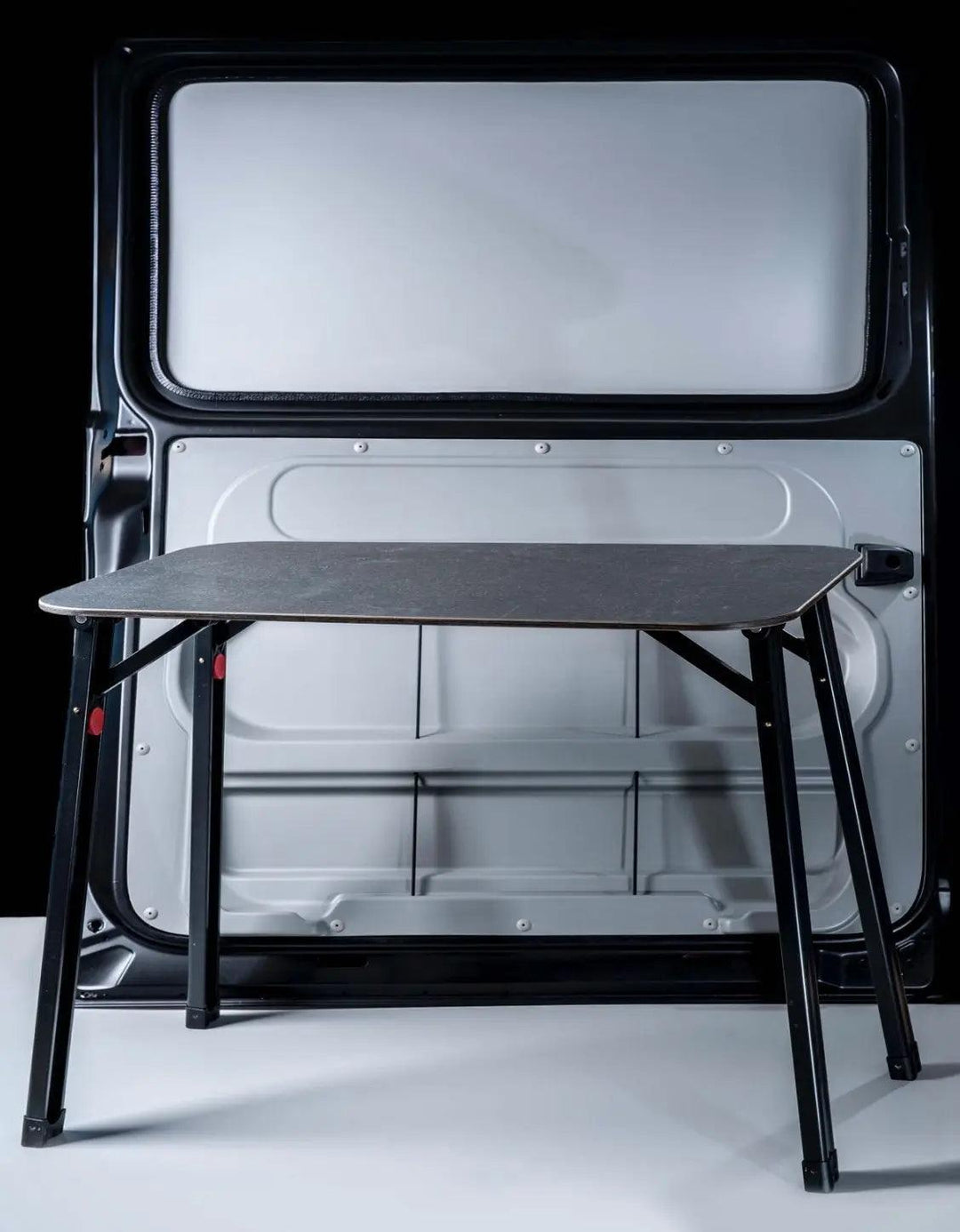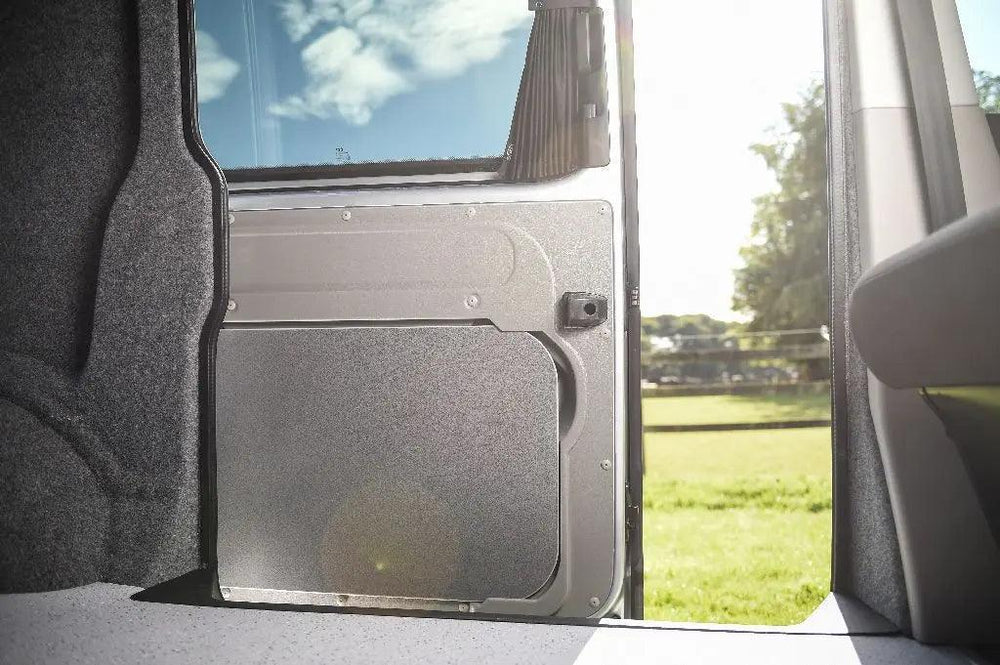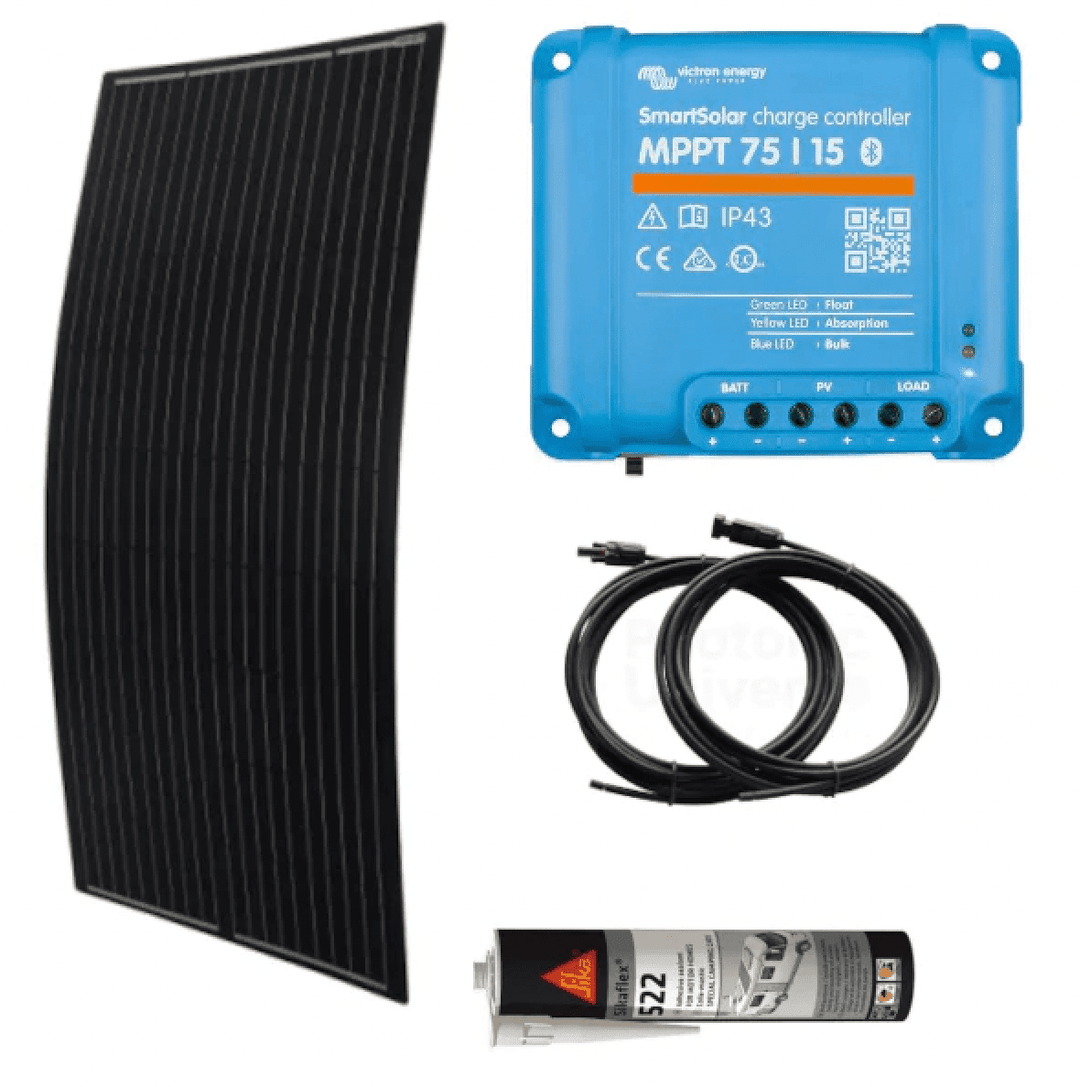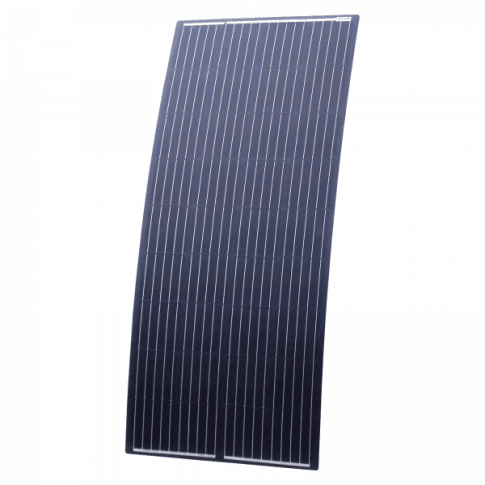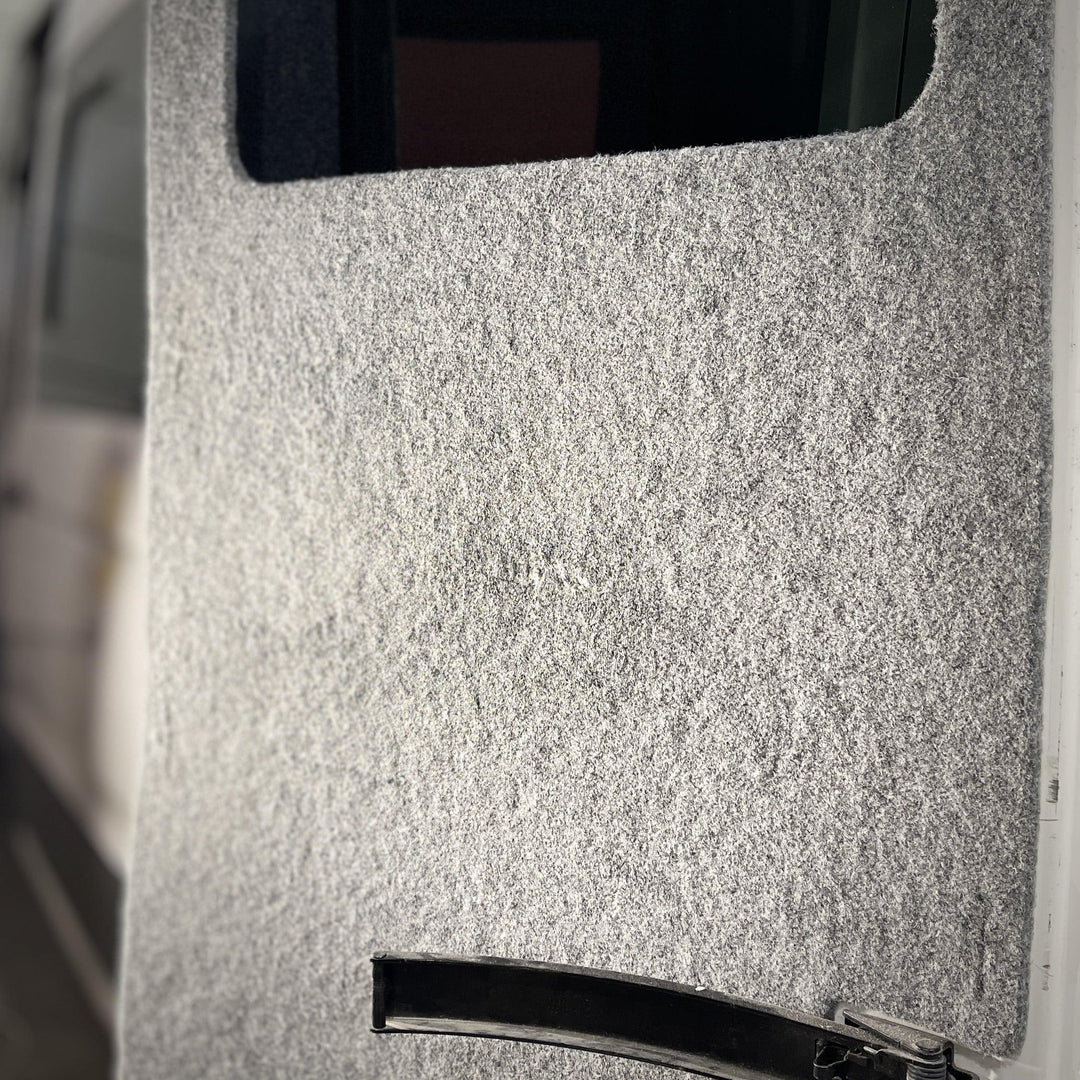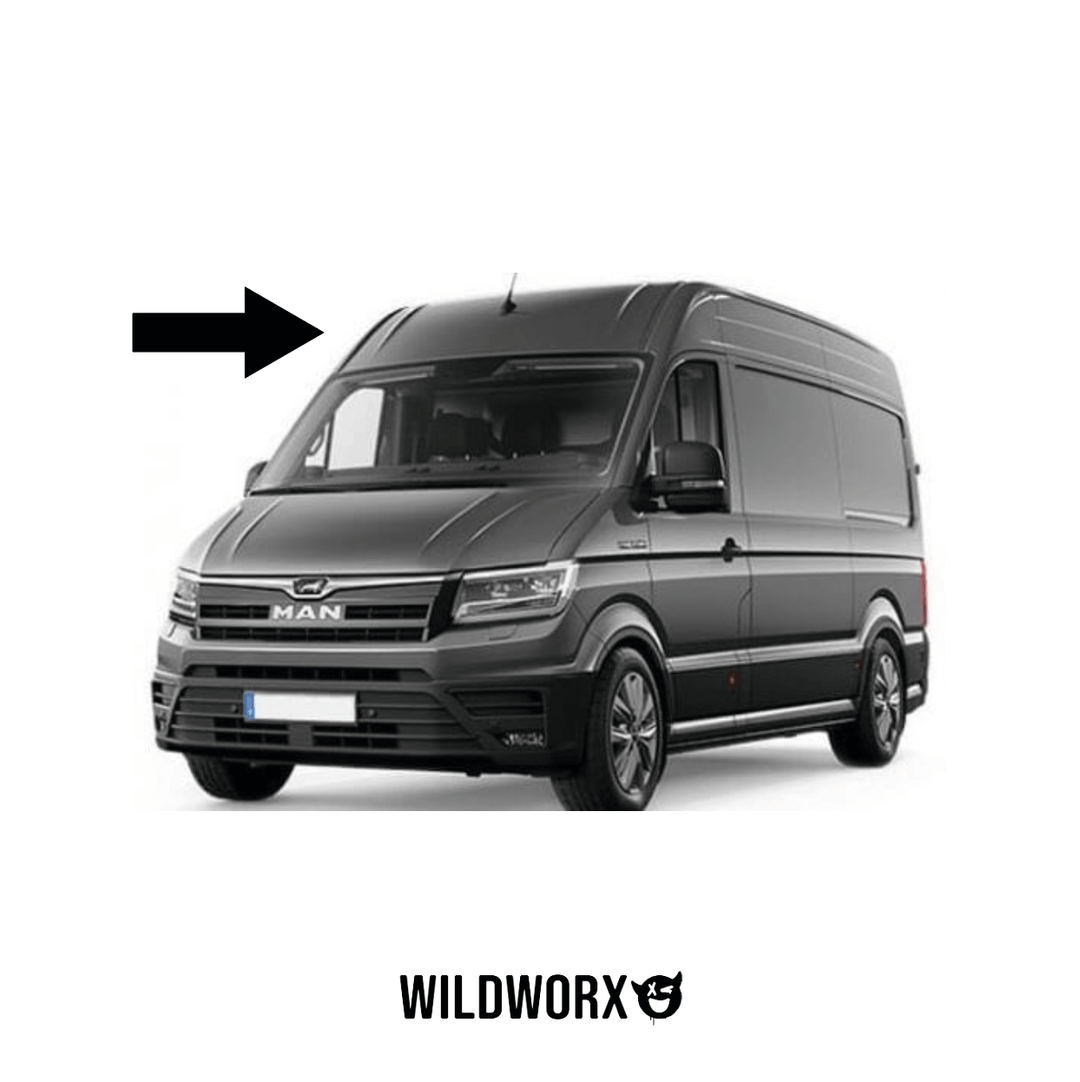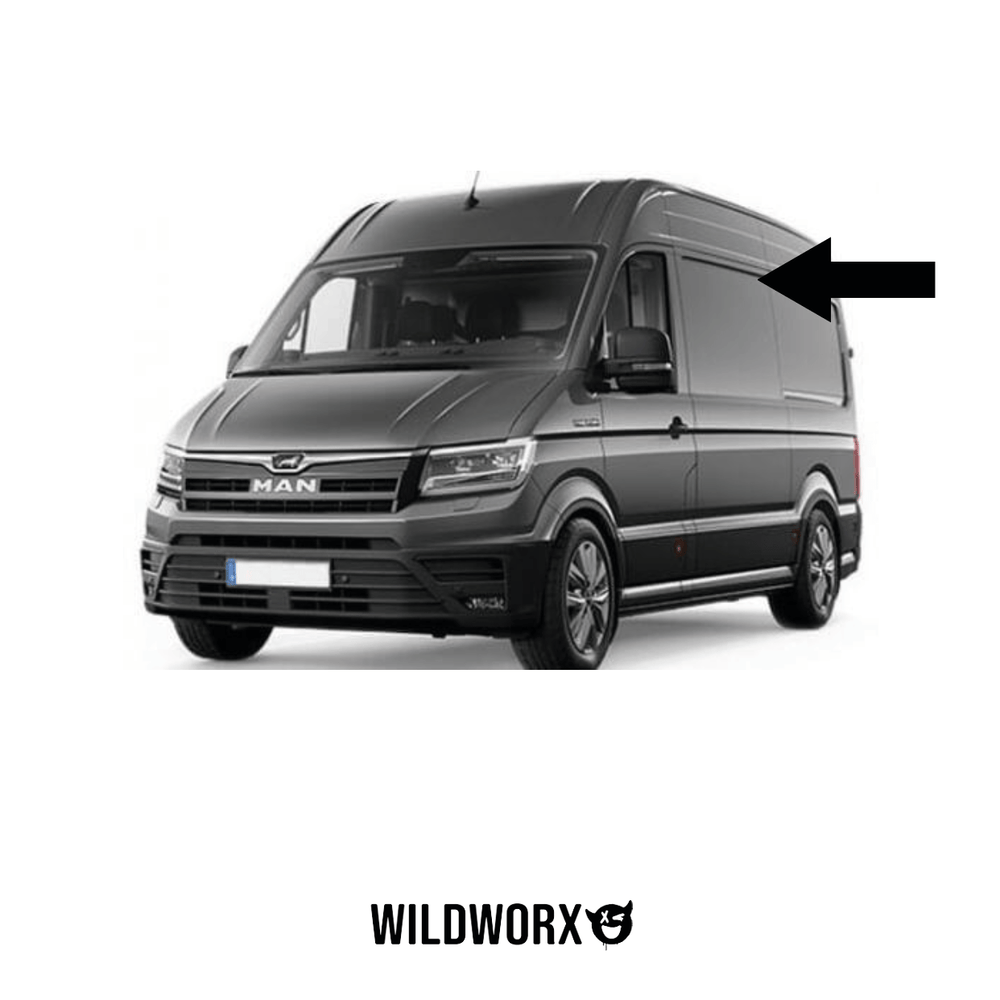Electric Campervan: What are the options?
Looking to cut down on your carbon footprint while hitting the open road? Consider an electric campervan. These vehicles are perfect for those who want to get off the grid and enjoy nature, without leaving a big eco-footprint.
Electric campers are available in all shapes and sizes, so there's sure to be one that fits your needs. Plus, they're easy to operate and maintain, making them a great choice for anyone new to camping.
If you've been toying with the idea of getting an all electric campervan, you're in good company. These days, more and more people are ditching fossil fuel powered vehicles in favour of electric ones. And for good reason - electric vans are better for the environment, they're cheaper to operate, and they're just plain fun to drive.

Reasons to go for an electric campervan
One of the great things about electric campervans is that they are very efficient. You can go a long way on a single charge, and you don’t have to worry about finding a petrol station when you’re in the middle of nowhere.
They’re also much better for the environment than petrol or diesel campervans. Another advantage of electric campervans is that they’re very quiet. This means you can arrive at your campsite late at night without disturbing anyone.
Here are a few of the reasons why an electric campervan is the way to go:
- They're better for the environment.
- They're cheaper to operate.
- They're easy to drive and maintain
- They offer all the same amenities as a diesel powered campervan
- Tax efficient vehicle
- Quieter than diesel vehicles
Negatives of an electric campervan
While an electric campervan may seem like the perfect way to road trip in eco-friendly style, there are some potential negatives to consider. One of the biggest issues is range anxiety - not being sure if you'll make it to your destination without running out of juice.
This can be especially challenging when travelling in rural areas where charging stations are few and far between. Another downside is that electric vehicles generally have shorter lifespans than their diesel powered counterparts, so you may have to replace your campervan sooner than you'd like.
Electric vehicles can be more expensive to maintain than traditional campervans, so it's important to factor in those additional costs before making the switch.
Despite these potential drawbacks, an electric campervan can still be a great option for those who are looking for a more sustainable way to hit the open road.
You also need to consider that although the van might reach a range of 200 miles, a campervan conversion is fairly heavy. This will have an impact on the number of miles you can drive.
- Short range of up to 200 miles
- Limited resale potential
- UK charge network is still being built

What vans can I convert into an Electric Campervan?
Electric vans are becoming increasingly popular in the UK as businesses look for more environmentally-friendly ways to operate. There are a number of different electric vans available on the market, from small delivery vans to larger panel vans.
Some of the most popular electric vans include the Ford Transit Connect Electric, the Renault Kangoo Z.E, and the Nissan e-NV200. These vans all offer excellent range and cargo space, making them ideal for a variety of different business needs.
With the cost of fuel and emissions restrictions continuing to rise, electric vans are likely to become even more popular in the coming years. Here are some of the best electric vans on the market:
- Ford E Transit - 196 mile range
- Citroen e-Dispatch - 205 mile range
- Fiat e-Ducato - 224 mile range
- Renault Master E Tech - 115 mile range
- Mercedes eSprinter - 83 mile range
- Nissan ENV200 - 200 miles range
- VW ID Buzz - 205 mile range
Electric Campervan Driving Range
For some people the range of up to 200 miles isn’t going to work for their campervan conversion. However for people willing to take the slow road, it is doable.
The North Coast 500 is a 500-mile route along the coast of northern Scotland, starting and ending in Inverness. The route takes in some of the most spectacular scenery in the UK, including the rugged Highlands, sandy beaches, and lochs and glens. Believe it or not this route is very achievable in an electric van.
The route averages a charge point every 18.2 miles. With a bit of planning, the 2 hour charge time could be added to your journey every 200 miles. This wouldn’t really cause too much inconvenience.
What about the VW ID Buzz?
Everyone is very excited about this long awaited electric van. For VW enthusiasts there is now a plausible electric van to use for conversion. Its retro appearance and Volkswagen badge mean it’s likely to hold its value better than the other electric vans on the market.
The new VW ID Buzz is a blast to drive. It's extremely quick and nimble for an electric car, and the instant torque from the electric motor is addictive. The interior is spacious and well-built, with plenty of room for passengers and a campervan conversion. And the car's unique design turns heads wherever it goes. The only downside is the range, which isn't great compared to other electric cars on the market.
The VW ID Buzz Cargo option is the way to go for a campervan conversion. The ID Buzz Cargo Short Wheel base is 20 cm shorter than the VW T6.1. So it gives you a really small space to work with. It’s also much lower and slightly thinner than the Transporter. There’s lots to think about with the design. But it does seem possible.
There might be some sacrifices in the conversion, but we think it will sit somewhere between the VW Caddy Campervan and VW Transporter Campervan.

What conversion options are available?
The good news is that once you’ve made the decision to go electric, the options for conversion are endless, just like in the traditional diesel vans.
There are a few companies prototyping pop-top roofs for the VW ID Buzz, including Remo. There are now windows on the market that fit the ID Buzz’s apertures.
The rest of the interior parts will fit just about any model. Which is great as you don’t need to make any design sacrifices. The usual options are available, from solar panel kits to lithium battery upgrades. Other options include:
- Fridge / freezer
- Hob
- Sink and tap
- Pop top roof
- Rock and roll bed
- Awning and awning rail
- Bike Racks

Wildworx Electric Campervan Conversions
Whether you're an experienced campervan-er or a first-time enthusiast, an electric campervan is a great option for exploring the great outdoors. With all the benefits they offer, it's no wonder they're becoming so popular.
We’re really excited about the prospects of electric campervan conversions hitting the road. While you might need to think of it more as a “mini camper” we think there are some great options out there.
Wildworx can offer an all electric campervan conversion from our HQ in Alcester. Get in touch with our talented team to find out more and start planning your build today.


